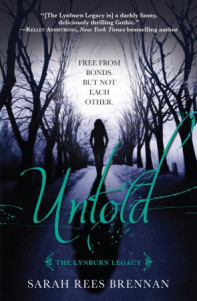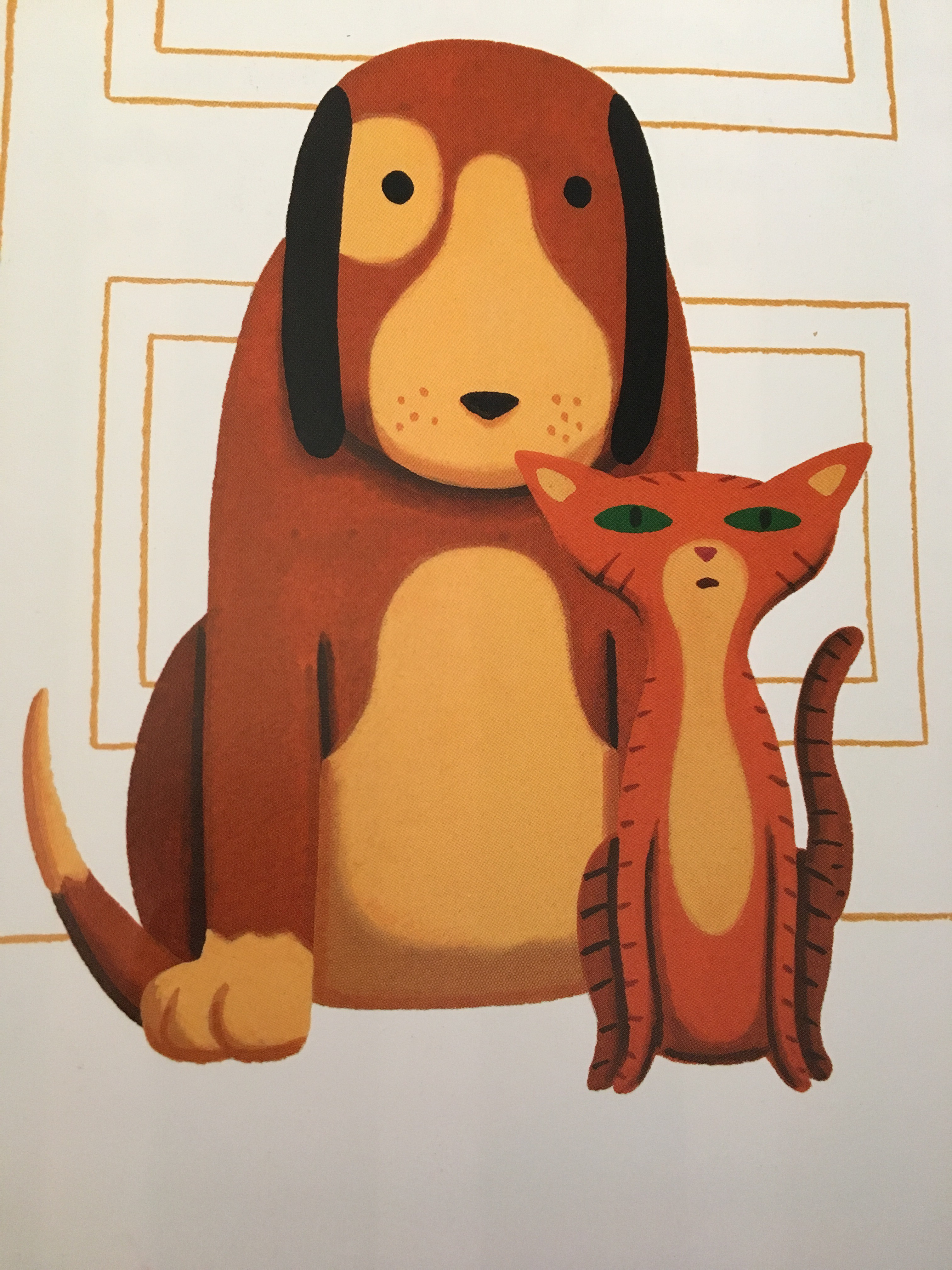
Taboo, Kim Scott, Picador
At the beginning and in an afterword to Kim Scott’s new novel about the struggle of Aboriginal people to crawl through the wreckage of the clash of cultures, he writes about the difficulty of conveying indigenous culture in the English novel. Telling the story of ‘magic in an empirical age’ can only be done in faltering steps.
This difficulty is mirrored in the adventures of the Aboriginal characters in Taboo, a group of Western Australian Noongar people who are visiting the site of a nineteenth century massacre on the land of a kind-hearted white farmer who wants to honour his deceased wife’s wishes, and his Christian beliefs, by seeking some sort of peace with the present traditional owners for the sins of the past.
Things don’t exactly go to plan. At times it is grim reading, with abuse, swearing, drugs and alcohol. But there is also love, generosity, determination and a depth of connection with the land.
The novel’s strength lies in Scott’s ability to sensitively portray Aboriginal people negotiating the complexities of how culture survives. In their muddling through and their not quite meeting expectations, there is no idealisation. Instead, Scott paints a realistic picture of the dual pressure to both fit into the white world and be ambassadors of indigenous culture, while being cut off from the land that sustains that culture.
There are parallels to a church. In the book, there are traditionalists who bemoan the lack of zeal in their fellows and who tally genuine loss, and there are those who see culture as fluid and adapt, though sometimes too much. There are flawed individuals who come within the embrace of community, who are trying to keep the threads of tradition while wrestling with the challenges of modernity.
(Originally reviewed for the Uniting Church.)
Advertisements Share this:- Share





